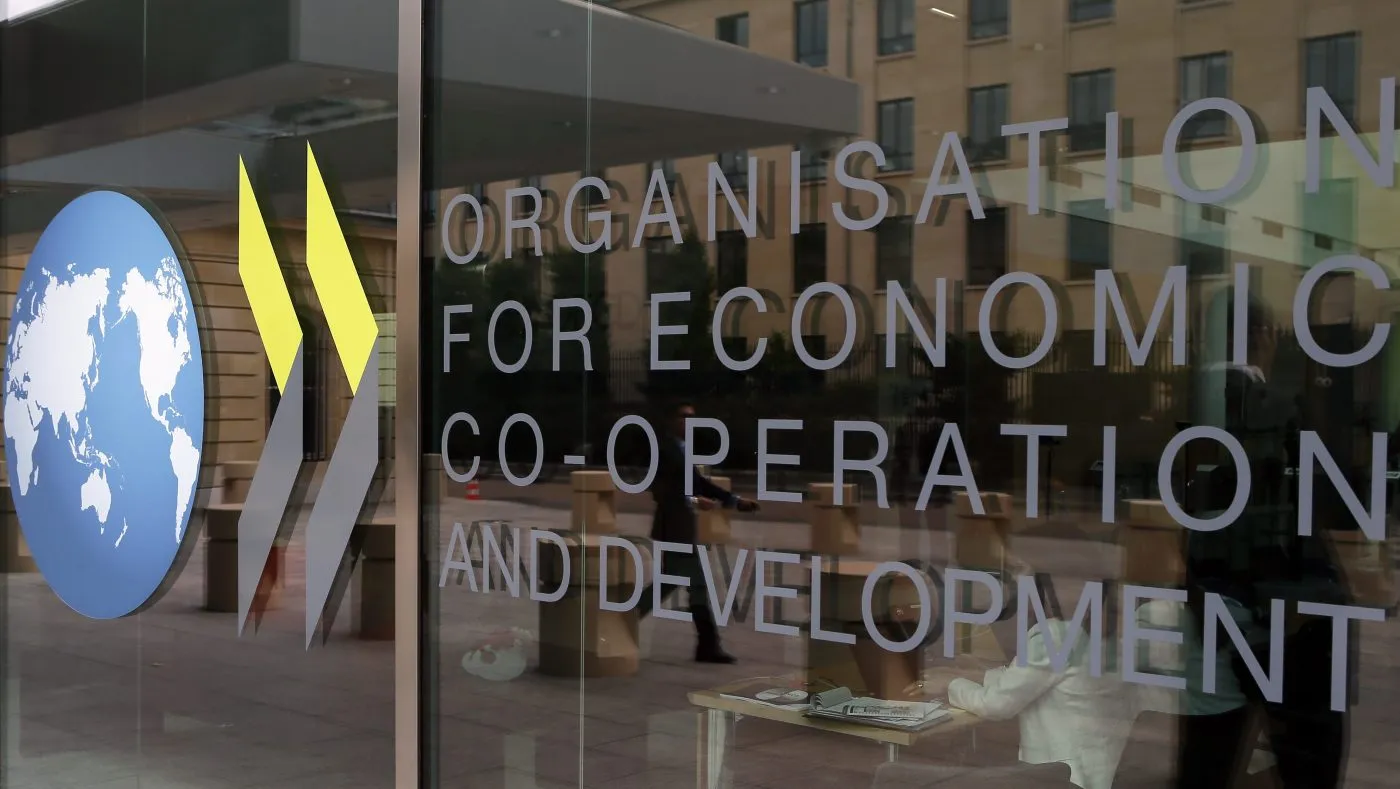Republicans Rebuff Global Tax Provision While Treasury Offers Possible Workaround

Republicans Challenge International Tax Provision
House leadership, led by House Speaker Mike Johnson, has firmly opposed the international tax provision within the OECD framework, arguing this could compromise U.S. tax sovereignty. In their letter to OECD Secretary-General Mathias Cormann, they emphasized that any tax agreements must receive congressional approval to be valid, highlighting the constitutional concerns involved.
Treasury's Strategic Workaround
Despite the negativity from the Republicans, the Biden administration initiated a rulemaking process that could help U.S. multinationals circumvent the undertaxed profits rule (UTPR). This is facilitated through the corporate alternative minimum tax (CAMT), introduced in the Inflation Reduction Act, allowing a 15-percent tax rate separate from OECD’s Pillar Two agreement.
Potential Impacts of the Workaround
- Less Likely Exposure: The CAMT reduces the risk of US multinationals facing a UTPR.
- Global Consensus Shift: Countries involved are implementing the Pillar Two agreement, although the U.S. opts out.
- Historic Project: Treasury’s task of implementing these measures is considered one of its most significant in decades.
Ongoing Tax Negotiations
While the U.S. implements its minimum tax rule, the situation remains complex regarding Pillar One of the OECD tax deal, which is stalled due to U.S. resistance. This has resulted in a push for a UN-led initiative as countries seek more lucrative tax terms for multinational corporations.
This article was prepared using information from open sources in accordance with the principles of Ethical Policy. The editorial team is not responsible for absolute accuracy, as it relies on data from the sources referenced.